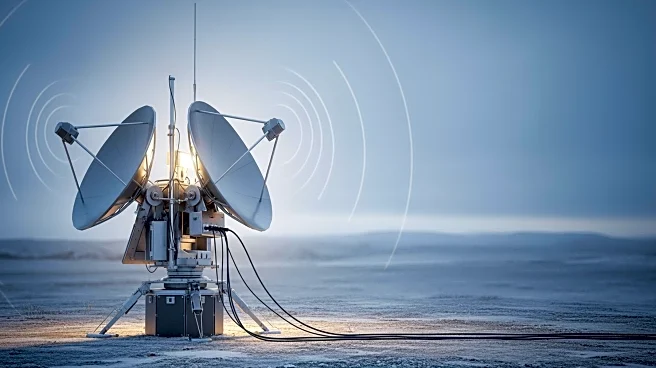Rapid Read • 6 min read
The Trump administration has imposed 50% import tariffs on steel, aluminum, and copper, affecting the utilities sector. These tariffs are expected to increase the cost of utility grid modernization and clean energy projects, as materials typically account for 20% to 30% of a transmission project's costs. The tariffs could slow or reduce the scope of transmission development, according to Morningstar analysts. Utilities may face additional credit risks and need short-term financing for capital projects due to higher costs and regulatory lag.
AD
The tariffs could significantly impact the U.S. utilities sector, leading to higher production costs and potential delays in grid modernization efforts. This may result in increased utility bills for consumers, raising concerns among state utility regulators. The tariffs also pose credit risks for utilities, which may need to secure additional financing to manage higher cash outflows. The situation could test the tolerance of regulators and the public, as state commissions may be reluctant to approve rate hikes.
Utilities may need to explore alternative sourcing strategies and secure large revolving credit facilities to manage capital expenditure programs. State utility commissions might respond by stretching out cost recovery periods or capping rates to manage bill affordability. The tariffs could lead to procurement delays, as importers divert shipments away from the U.S. to avoid the tariffs.
AD
More Stories You Might Enjoy











